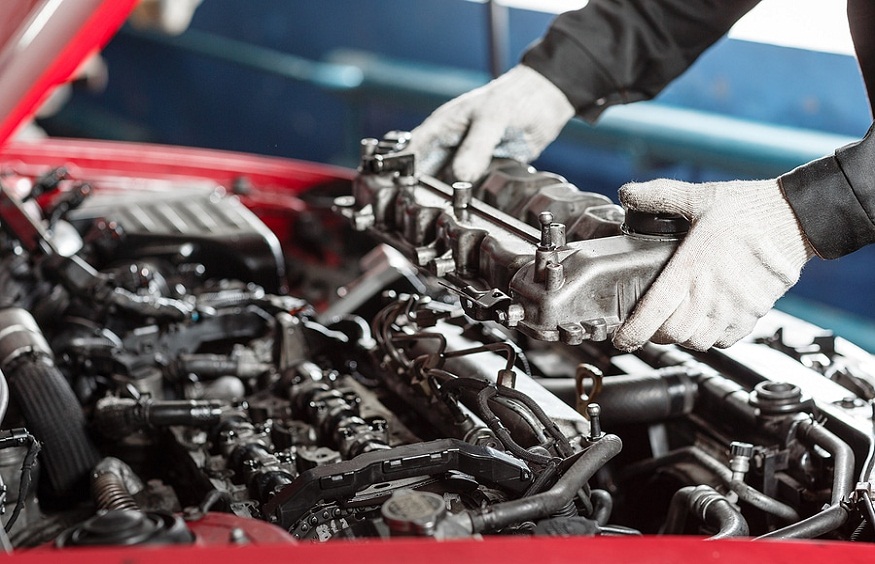
If you’re in the market for a new vehicle, you might be wondering how maintenance differs between gasoline and diesel cars. While both types of vehicles require regular upkeep, the differences in engine design lead to distinct maintenance needs. Here’s a breakdown of what you should know.
Both gasoline and diesel engines rely on internal combustion, but the ignition process varies between them. Gasoline engines use spark plugs to ignite the fuel-air mixture, whereas diesel engines rely on glow plugs and high compression for ignition. Both types of plugs require regular maintenance to ensure proper function.
Diesel glow plugs generally last longer than gasoline spark plugs, which means fewer replacements from a diesel part supplier over time. Glow plugs can last around 100,000 miles, while spark plugs in gasoline vehicles may need to be changed between 18,000 and 100,000 miles, depending on the make and model.
Diesel engines as a whole are known for their longevity. Thanks to their durable components and efficient lubrication systems, diesel engines often last up to 200,000 miles before needing major repairs. This extended lifespan can help offset the higher upfront costs of diesel vehicles, even though gasoline-powered vehicles tend to have lower maintenance costs overall.
Another key difference is in the cooling system. Diesel engines generate more heat due to their high-compression combustion process, so they require special coolants with higher heat tolerance and more frequent flushing. In contrast, gasoline engines can operate reliably with standard coolants and less frequent cooling system maintenance.
By understanding these maintenance differences, you can make a more informed decision when choosing between a gasoline or diesel vehicle. To learn more, check out the accompanying resource.


